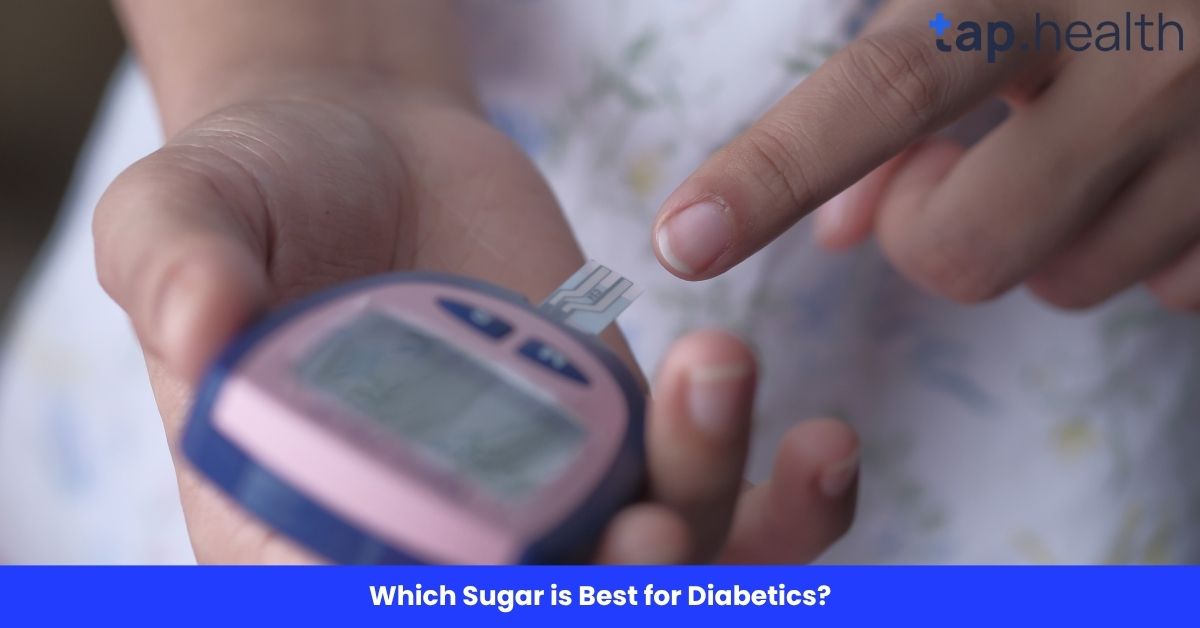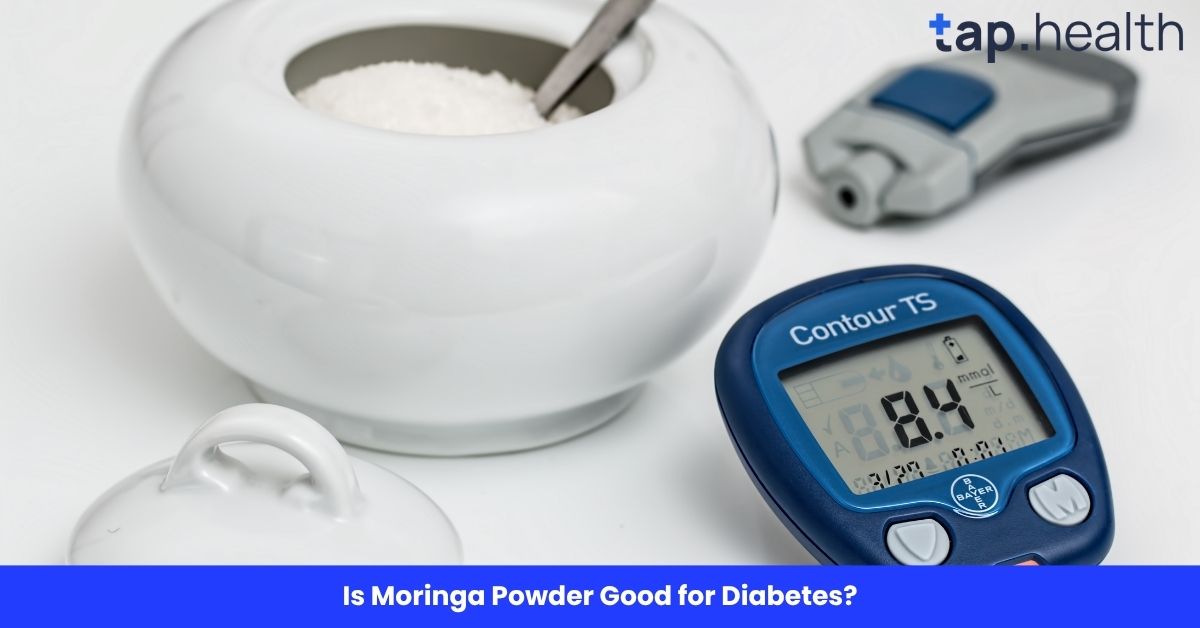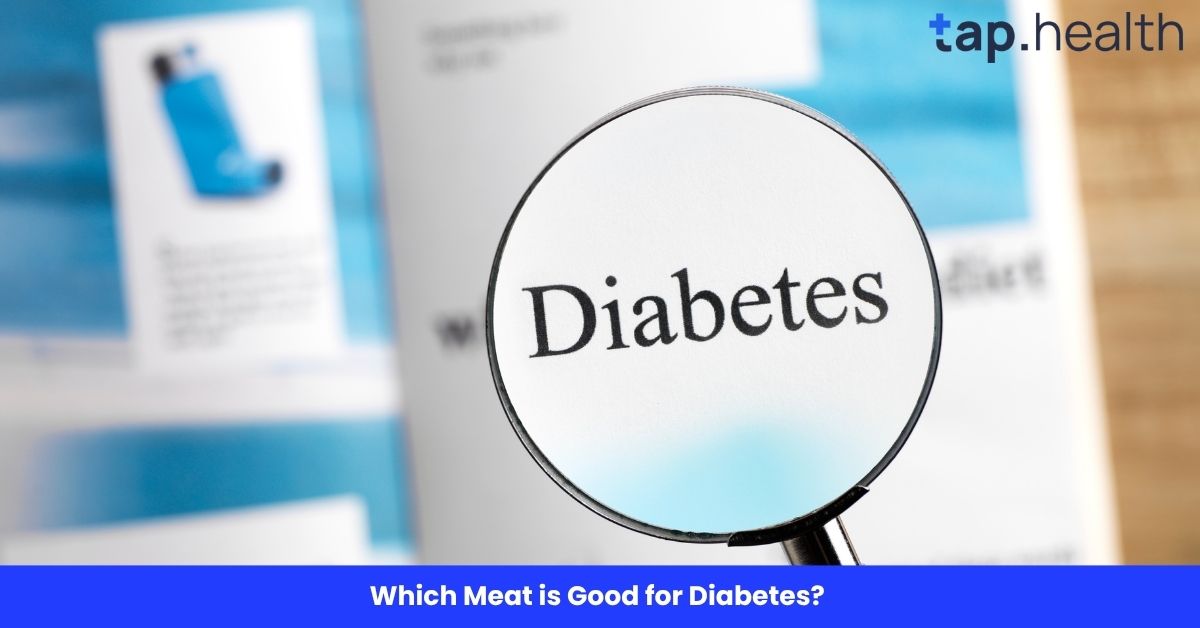Vitamins play a crucial role in maintaining our health, and they are classified into two main categories: fat-soluble and water-soluble vitamins. While fat-soluble vitamins are stored in the body’s fat tissue and liver, water-soluble vitamins behave differently. Unlike fat-soluble vitamins, water-soluble vitamins are not stored in large amounts in the body and are readily excreted when in excess.
In this blog post, we will explore the primary excretory route for water-soluble vitamins, how they are processed in the body, and why understanding this process is essential for maintaining a balanced diet and avoiding nutrient imbalances.
What Are Water-Soluble Vitamins?
Water-soluble vitamins are vitamins that dissolve in water and are typically not stored in the body for long periods. These vitamins need to be consumed regularly in the diet because the body excretes any excess through the urine. The key water-soluble vitamins include:
- Vitamin B1 (Thiamine)
- Vitamin B2 (Riboflavin)
- Vitamin B3 (Niacin)
- Vitamin B5 (Pantothenic Acid)
- Vitamin B6 (Pyridoxine)
- Vitamin B7 (Biotin)
- Vitamin B9 (Folate)
- Vitamin B12 (Cobalamin)
- Vitamin C (Ascorbic Acid)
These vitamins are essential for various bodily functions, such as energy production, immune support, and the maintenance of healthy skin, hair, and blood cells. However, because they do not accumulate in the body, it’s important to get these vitamins regularly from food or supplements.
What Is the Primary Excretory Route for Water-Soluble Vitamins?
The primary route of excretion for water-soluble vitamins is through the kidneys, which filter excess nutrients and waste products from the blood to produce urine. When you consume an excess amount of water-soluble vitamins, your kidneys process these nutrients, and the body expels the excess through urination.
The kidneys filter the blood, remove waste products and excess substances (like vitamins), and then excrete them as urine. This mechanism helps maintain a balance of nutrients in the body and prevents toxicity.
How Do Water-Soluble Vitamins Work in the Body?
Water-soluble vitamins are absorbed into the bloodstream directly from the gastrointestinal tract after consumption. Since these vitamins dissolve in water, they circulate freely in the blood and tissues. Once the body has used what it needs for immediate processes like energy production and immune function, any excess amount is filtered by the kidneys and excreted in urine.
Here is an overview of the process:
- Absorption: After you consume food or supplements containing water-soluble vitamins, they are absorbed into the bloodstream via the small intestine.
- Circulation and Utilization: The vitamins circulate throughout the body, supporting various functions. For example, Vitamin C helps with collagen production and immune function, while B vitamins play a role in converting food into energy.
- Excretion: When the body has utilized what it needs, the kidneys filter the excess vitamins from the bloodstream. These excess amounts are then excreted in the urine.
This process allows the body to maintain a balance of these vitamins and avoid toxicity, which can happen if these vitamins accumulate in the body (especially with fat-soluble vitamins).
Why Are Water-Soluble Vitamins Excreted?
Water-soluble vitamins are excreted mainly because the body does not store them in significant amounts. Several factors contribute to this excretion process:
1. Body’s Limited Storage Capacity
Unlike fat-soluble vitamins, which can be stored in the liver and fat tissues, water-soluble vitamins are not stored in large quantities. This means any excess intake does not remain in the body for long. Instead, the kidneys filter them out for removal through urine.
2. Prevention of Toxicity
Excreting excess water-soluble vitamins helps prevent toxicity. These vitamins, when taken in excessive amounts, could potentially lead to unwanted effects. By excreting the excess, the kidneys maintain the body’s homeostasis and prevent any harmful build-up of nutrients.
3. Regular Intake Requirement
Since water-soluble vitamins are constantly being excreted, they must be replenished regularly through diet or supplements to maintain optimal health. This ensures that the body has a continuous supply of these essential nutrients to perform necessary functions like energy production, metabolism, and immune support.
How Are Water-Soluble Vitamins Excreted?
The process of excreting excess water-soluble vitamins typically involves the kidneys and urinary system. Here’s a more detailed breakdown of the steps involved:
1. Absorption in the Digestive System
After consumption, water-soluble vitamins are absorbed into the bloodstream through the walls of the small intestine. They travel freely in the blood, where they support various bodily functions.
2. Transport to the Kidneys
Once absorbed, the water-soluble vitamins are carried to the kidneys via the bloodstream. The kidneys continuously filter the blood, removing waste products, excess water, and nutrients that are in surplus.
3. Filtration in the Kidneys
The kidneys contain millions of tiny filtering units called nephrons, which are responsible for removing waste and excess substances from the blood. The nephrons filter out excess vitamins, which are then transported into the urinary system.
4. Excretion in Urine
After filtering out excess water-soluble vitamins, the kidneys send them into the urinary bladder. These vitamins are then excreted from the body as part of the urine. This process allows the body to eliminate excess nutrients that aren’t needed for immediate functions.
Factors That Affect Vitamin Excretion
Several factors can influence how quickly or efficiently water-soluble vitamins are excreted from the body. Here are some important factors to consider:
1. Hydration Levels
Water-soluble vitamins require water to be absorbed, transported, and excreted by the body. If you are dehydrated, your kidneys may not work efficiently, leading to slower excretion of excess vitamins. Staying well-hydrated supports the kidneys in removing waste products, including excess nutrients.
2. Kidney Health
The efficiency of your kidneys plays a significant role in how effectively excess vitamins are filtered out and excreted. If your kidneys are not functioning optimally due to conditions like kidney disease, they may not excrete vitamins as efficiently, leading to a potential build-up of excess nutrients in the body.
3. Diet and Lifestyle
Your overall diet and lifestyle can impact the rate at which water-soluble vitamins are excreted. A diet rich in vitamins, hydration, and regular exercise can promote healthy kidney function and the proper excretion of excess nutrients.
4. Age
As you age, your kidney function may naturally decline, which can affect how well excess vitamins are filtered and excreted. Older adults may need to pay closer attention to their hydration and kidney health to ensure optimal nutrient excretion.
How Much of Each Vitamin Is Excreted?
Each water-soluble vitamin has a different role in the body, and the amount that is excreted depends on several factors, such as how much is consumed and the body’s need for that particular nutrient. Here’s a look at how some common water-soluble vitamins are processed and excreted:
1. Vitamin C
Vitamin C is readily excreted in the urine. Excess amounts are filtered by the kidneys and removed from the body through the urine. The body uses as much Vitamin C as it needs, and the rest is flushed out.
2. Vitamin B12
Vitamin B12 is essential for nerve health and red blood cell production. It is also excreted through the urine, but in much smaller amounts compared to other water-soluble vitamins. Vitamin B12 is stored in the liver, so the body does not excrete large amounts of it unless there is a deficiency.
3. B Vitamins (B1, B2, B3, B6, Folate, etc.)
B vitamins are quickly absorbed and used by the body. Any excess amounts are usually excreted via the urine, especially Vitamin B1 (thiamine) and Vitamin B2 (riboflavin), which are excreted in the urine in their active forms. Folate and Vitamin B12, however, are stored in the liver, meaning less is excreted.
FAQ on What Is the Primary Excretory Route for Water-Soluble Vitamins?
What happens if you consume too much of a water-soluble vitamin?
Excessive intake of water-soluble vitamins is typically excreted in the urine. However, very high doses of certain water-soluble vitamins, such as Vitamin C or B6, can cause adverse effects like stomach upset or nerve damage. It’s important to stick to recommended daily values unless advised otherwise by a healthcare professional.
Can water-soluble vitamins cause toxicity?
Water-soluble vitamins are less likely to cause toxicity compared to fat-soluble vitamins, since they are excreted regularly through the urine. However, consistently consuming extremely high doses of certain vitamins (like Vitamin B6) can lead to toxic effects. Always follow recommended dosage guidelines.
Are there any risks associated with frequent excretion of vitamins?
Frequent excretion of vitamins typically poses no risk since the body uses what it needs and eliminates excess nutrients. However, chronic dehydration or kidney issues can affect how well the body excretes these vitamins, potentially leading to nutrient imbalances.
What role do the kidneys play in vitamin excretion?
The kidneys filter excess vitamins from the bloodstream and help remove them from the body through urine. They play a vital role in maintaining the body’s nutrient balance and preventing the build-up of unnecessary vitamins.
How do you know if you are getting enough water-soluble vitamins?
If you’re eating a balanced diet that includes fruits, vegetables, whole grains, and proteins, you’re likely getting enough water-soluble vitamins. However, if you’re experiencing symptoms like fatigue, irritability, or muscle weakness, it could indicate a deficiency, and you may need to consult a healthcare provider for a blood test.
In conclusion, the primary excretory route for water-soluble vitamins is through the kidneys, which filter excess vitamins from the bloodstream and remove them through the urine. This natural process ensures that the body maintains a balance of essential nutrients. Understanding how water-soluble vitamins are excreted can help you manage your vitamin intake and maintain good health by avoiding excess consumption or deficiencies. Always aim for a balanced diet and consult a healthcare professional if you have concerns about your nutrient levels.



